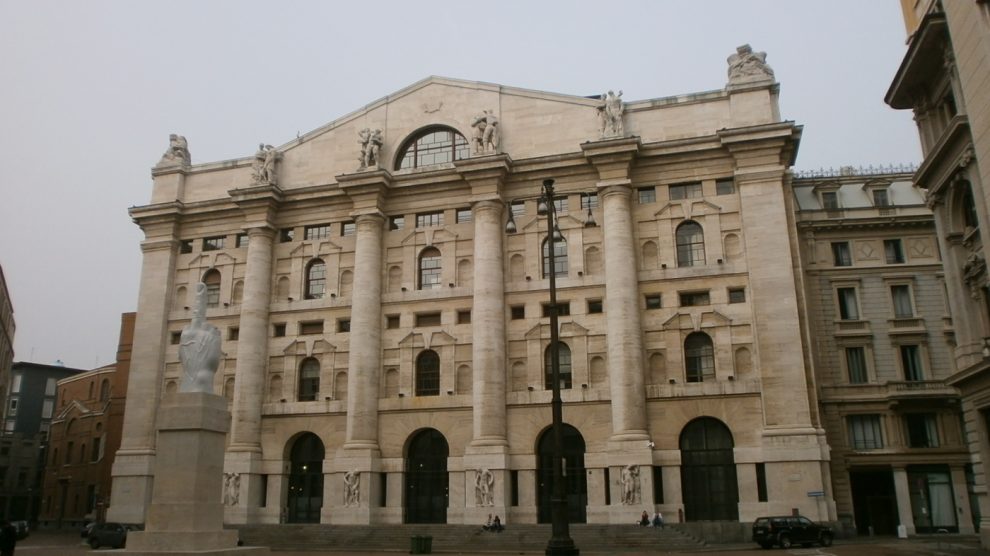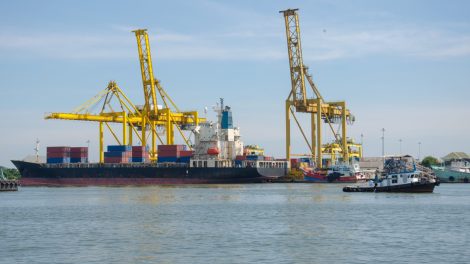Scores of delistings in Milan. In just a few weeks, the Italian Stock Exchange shed 47 billion, or 7% of its overall value, after a slew of companies announced they wanted out or followed through on that.
- The biggest names include Exor, Atlantia, Autogrill, AS Roma, plus – as of Thursday – Tod’s.
- Nine companies exited the Italian market since the beginning of 2022: Cerved, Energica Motor Company, Siti – B&T, Sirio, Vetrya, Banca Intermobiliare, Tas, Falck Renewables and La Doria. However, thirteen companies entered it.
But why? The reasons for delisting are different for each company, argued eToro’s Gabriel Debach, but the main drivers are low prices, the search for lighter governance, the absence of movements unrelated to their business, and more attractive alternatives.
- “Generally, when prices fall, delistings go up,” he explained. “Falling share prices offer entrepreneurs opportunities to launch share buyback plans or to withdraw companies from the market.”
- “Low share prices make takeovers attractive, while small companies controlled by the founding families can now consider buying back shares for less than they were worth a few years earlier, mainly avoiding outside interference and the high costs of listing.”
Not all doom and gloom. Looking at the evolution of the Italian stock market from 1995 to the end of June 2022, eToro’s analysts saw a markedly positive decade, with new listings outstripping outgoing stocks.
- Also, this kind of exodus is typical in times of recessions. This is why it’s happening elsewhere, too: the US saw more delistings than new listings in the last months.
The expert’s take. Decode39 reached out to Professor Carlo Pelanda, an influential economist and academic. He believes it’s best not to overestimate the delistings’ significance and focus on the structural reasons that brought them about – issues of governance, strategy, and lack of liquidity.
- “The point isn’t how many big companies delist,” he argued, “but how many small and medium enterprises manage to go public. In Italy, you have 1,500 SMEs ready to go public. And they struggle to do so because they lack capital and financial order.”
- He underscored the quintessentially Italian issue of transferring private savings into the real economy. He noted that the stock exchange and private equity firms are perfectly good vehicles to enlarge the Italian capital market, if only there were more dynamism.
- “As far as Italy is concerned, there’s fear that Italian stock exchanges are affected by the presence of banks and not being very large. So they tend to be undervalued.”
Will it get better? Mr Pelanda also remarked on the Italian stock market’s lack of attractiveness, which prompted some of the delisting companies to head to the Netherlands or the US. “This should be food for thought for the Italian authorities,” he quipped.
- “So far, left-wing governments did not have it in their core to understand the requirements of competitiveness. It remains to be seen whether the centre-right” – which is favoured to win the September elections – “will be willing to change things.”





